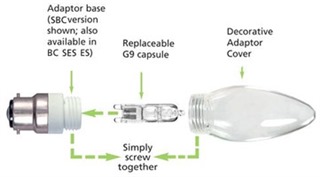Hi,
I would like my ten yer old daughter ( high functioning ASD) to have a couple of sessions with a clinical psychologist to help identify the ways that ASD affects her and in particular help her with anxiety.
Every time I try to ask her "what is it about X that you finds difficult/anxious ", she says "she does not know but she just is". If I ask her about noise and sensory stuff she looks at me as though I m an idiot.
She does not seem to want to talk about ASD with me but then suddenly gets upset because she is worried about how she will cope with high school and how to manage job etc.
Unless I know, then it is very difficult to come up with strategies to help her.
A friend whose step daughter is ASD thinks that these sessions will not help my daughter as she is too young to put into words what the matter is.
Do you agree - I would very much like to start getting help as I feel I am very fortunate to have got this diagnosis now rather than later.





